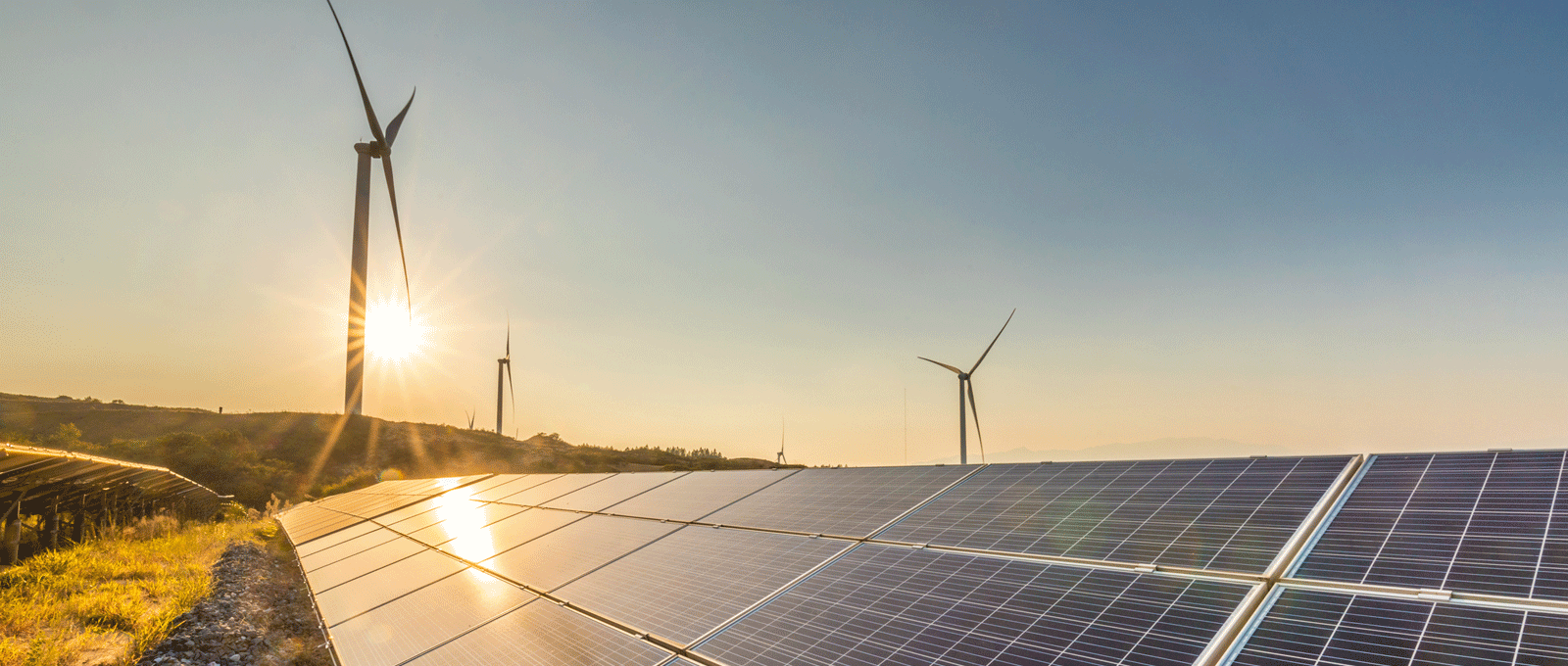Economic Sustainability: what is it?

When people think about sustainability, protection of the environment is usually the first thing that comes to mind. But the concept also embraces the economic sustainability, which combines sustainable practices, technology, and money-making tools.
Definition of economic sustainability
Economic growth is concerned solely with generating sales and profits. Economic sustainability refers to practices designed to create the long-term economic development of a company or nation while also managing the environmental, social, and cultural aspects of its activities. It is about balancing economic growth and generating profit with the impact on the environment and people.
Economic sustainability is incorporated into the United Nations Sustainable Development Goals (SDGs), a set of 17 interlinked goals which provide a road map for countries and governments to create long-lasting and sustainable growth. Social aspects can involve such issues as respect for human rights, following fair labor practices, and gender equality. Environmental aspects include responsible consumption, and protecting the air and water from pollution.
Why is economic sustainability important?
Economic sustainability is important for a business because it cannot achieve long term growth if it exhausts natural or human resources. Business today can no longer harm the environment or their communities to deliver ongoing economic growth, because to continue to do so creates conditions that destabilize the context in which the business operates.
Businesses are increasingly embracing the health of the environment and people as part of their money-making strategies. In addition to the benefit to the long-term future of the planet, economic sustainability delivers many advantages to business. For example, it helps them assess their operations to monitor things like energy waste, which leads to savings. And by enacting better social practices, companies avoid turnover and have a more productive staff. Being an economically sustainable business can help win contracts from clients and governments, and can increase customer loyalty.

What are some examples of economic sustainability?
Given the advantages, most businesses today incorporate aspects of economic sustainability into their strategies. Technology is becoming a driving force in helping companies achieve economic sustainability by making it easier to monitor their operations and engage with customers.
The most common are Climate change targets calling for reduction of harmful C02 emissions by a certain date, and gender and inclusion programs calling for non-discriminatory hiring and compensation practices.
Another widespread example of economic sustainability is a simple one: recycling. Stores and businesses are increasingly offering recycling services to their customers. Chains like BestBuy and Staples offer recycling of used home appliances. Clothing brands such as H&M, Levis and Madewell offer discounts for donated clothes.
Other examples are not widespread but are becoming more common. Micro farming or urban agriculture on small urban plots of land is a way to reduce local economic growth while reducing the stress of food production on the environment. Rooftop solar power is now available to middle- and lower-income families.




